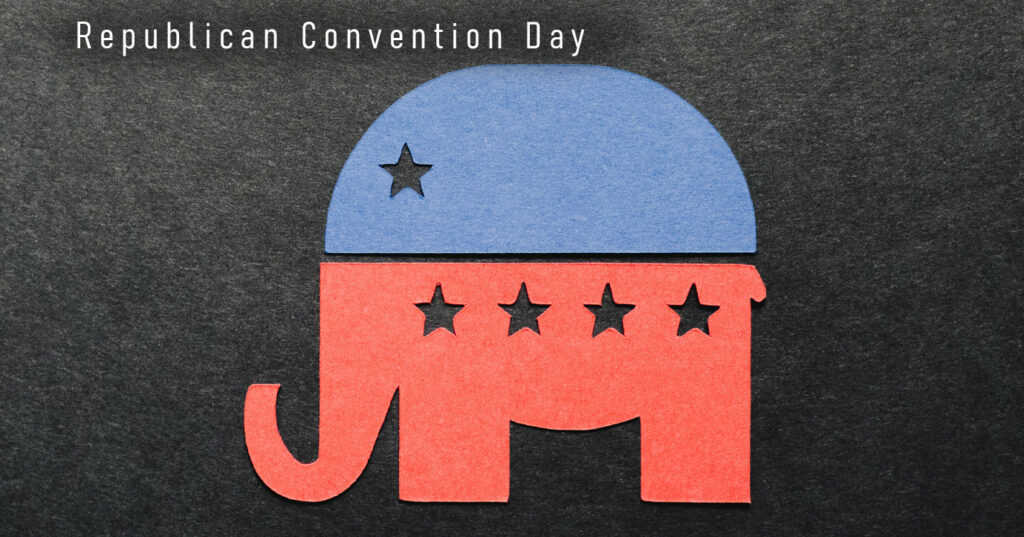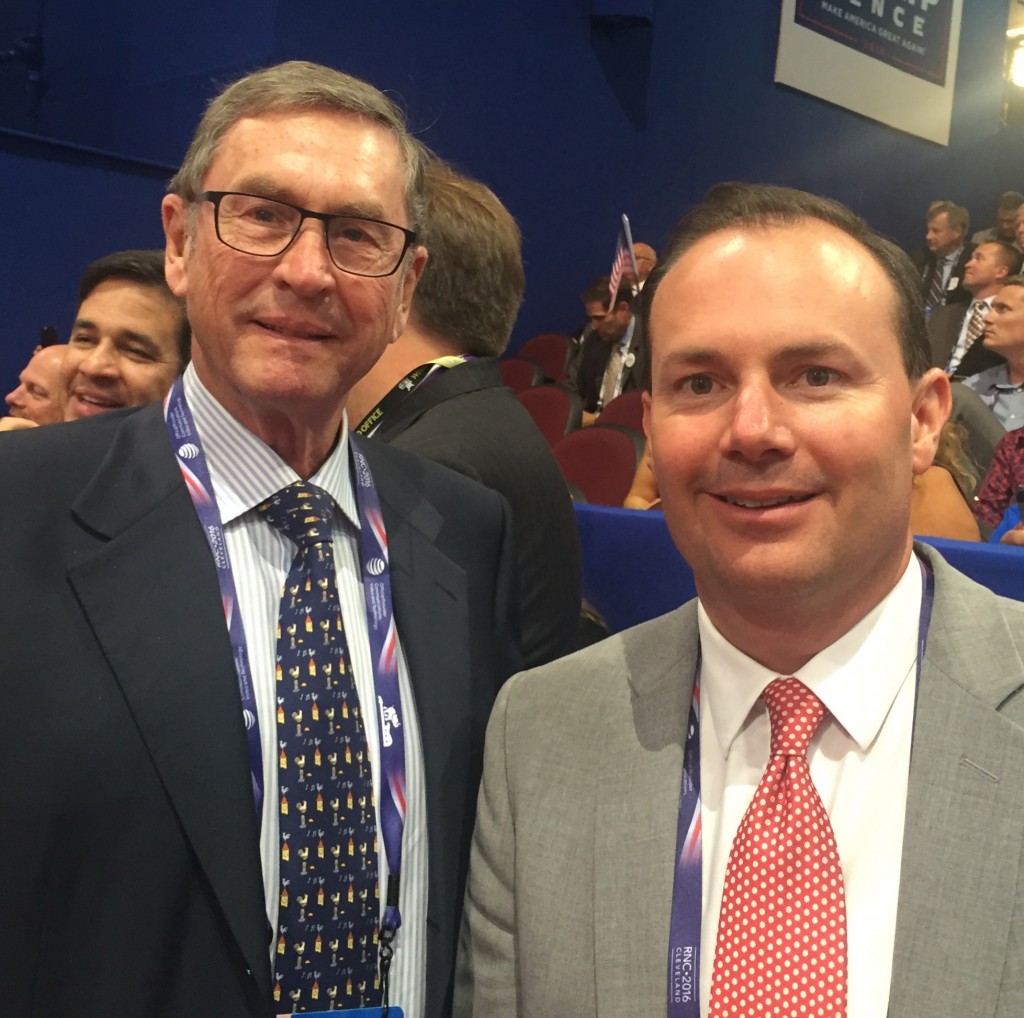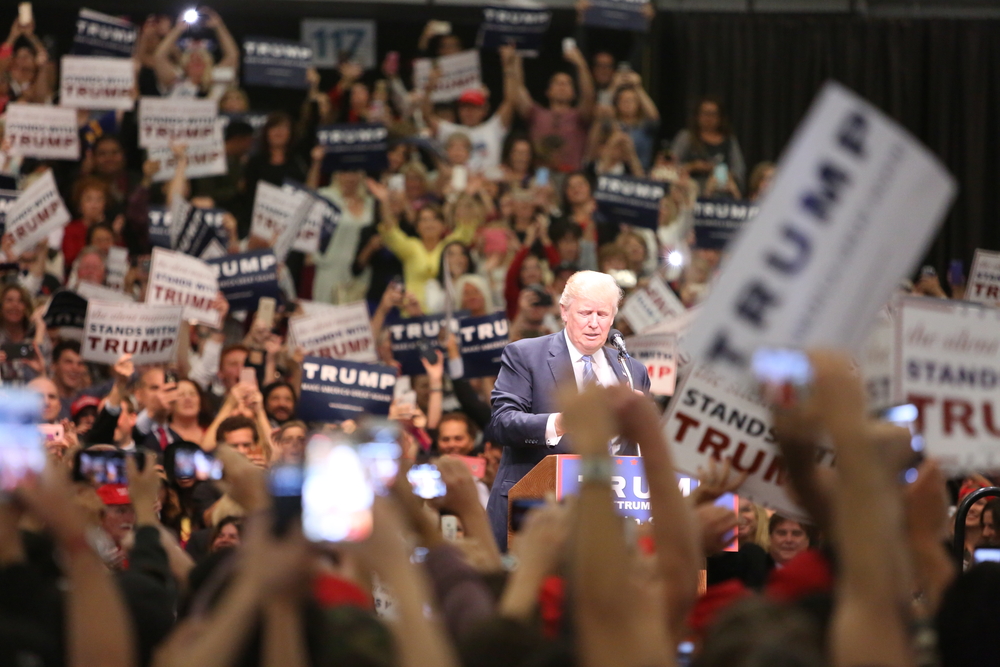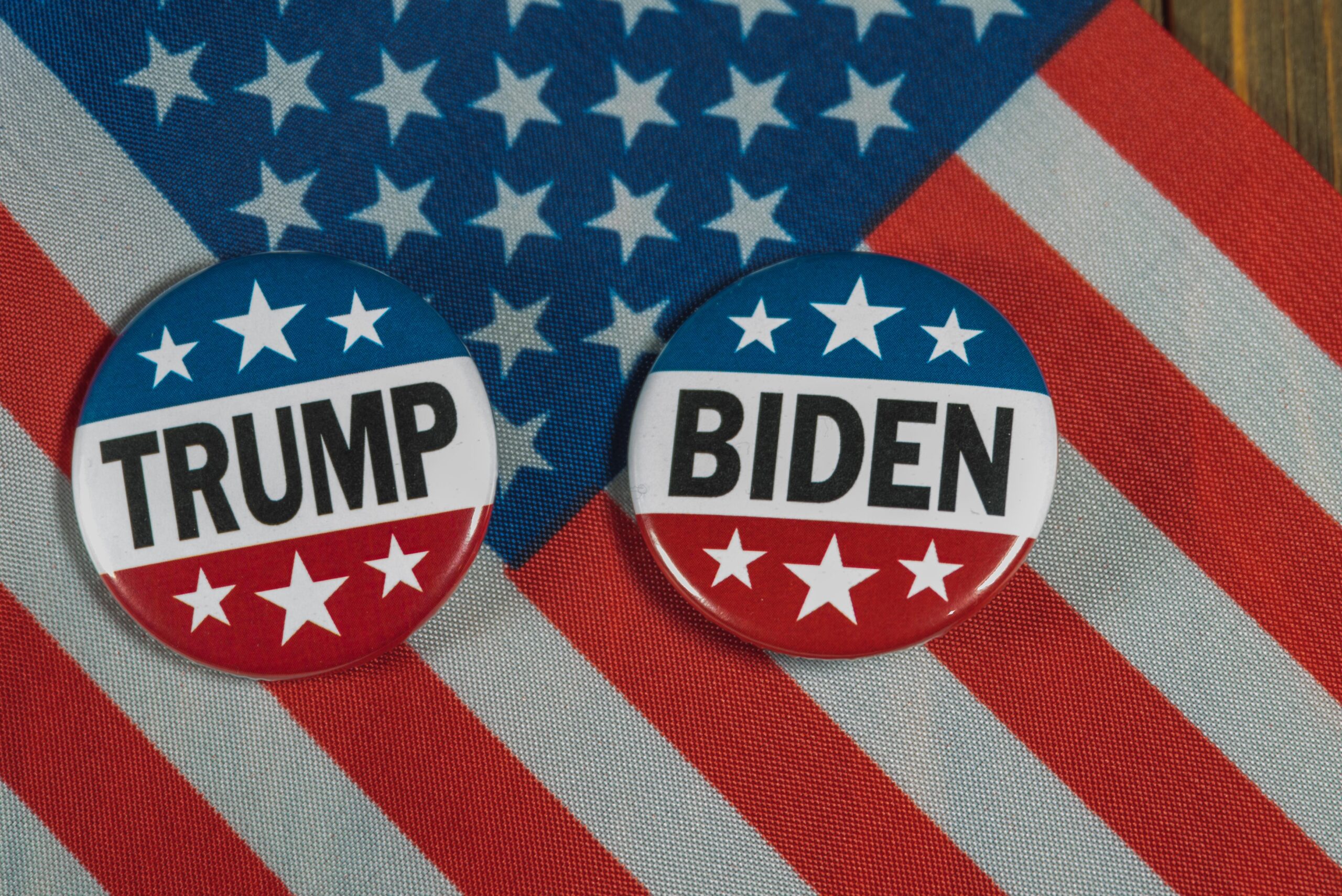
One feature of the campaign that everyone seems to agree on is that the battle is between the two most unpopular candidates of modern times. Among Trump supporters, the proportion saying they have an unfavourable view of Hillary Clinton is in the high nineties; the same is true of Trump’s unfavourable among Clinton voters. Meanwhile, “undecideds hate them both”, according to the experienced campaign pollster Greg Strimple, who came to speak to our group of international visitors.
This goes well beyond the usual disdain for politicians and the pervasive view that “they’re all the same.” The big question is how this will affect turnout. Will turnout match the level of anger, as our Trump insider suggested yesterday, or will non-partisan voters “be so disgusted that they sit on their hands?”
“The best thing each candidate has going for them is an opponent who is not liked,” we heard from Amy Walter of the Cook Political Report. “If her problem is motivating the Democratic base, no-one will do it better than Donald Trump.” At the same time, Clinton’s presence on the ballot is Trump’s biggest advantage – reinforcing the trend towards what Professor Larry Sabato calls “negative partisanship”, where party supporters turn out in droves for the sole purpose of defeating the other side.
A further consequence is that, come January, we could well see the lowest ever approval ratings for an incoming President. The new chief executive usually enjoys a rallying, but this seems unlikely given the climate. As Walter told us, “it used to be that the President got a honeymoon. This one will be lucky to get a weekend away.”
*
On both sides, the effort to reinforce those views is unrelenting. Thousands of hours and tens of millions of dollars are devoted to opposition research. The file on Hillary Clinton already runs to more than 7,500 pages, according to Joe Pounder, who runs America Rising, a political action committee dedicated to “exposing the truth about Democrats”.
A major part of their effort is video tracking – following Democratic candidates with cameras wherever they go, in the hope of capturing something that could be used as ammunition against them or even, in some cases, change the course of a race. Their operatives have already attended around 3,500 Democratic events in 2015 alone.
Perhaps their most spectacular success to date was filming Iowa Congressman Bruce Braley telling trial lawyers at a Texas fundraising event that if the Democrats lost control of the Senate, its Judiciary Committee could be chaired by “a farmer from Iowa who never went to law school.” Iowan voters did not take kindly to the insult to farmers, or their popular Senator Chuck Grassley (who did indeed go on to become Chairman of the Judiciary Committee). Braley is now a former Congressman.
Even when public views of a candidate are well established, these tactics can undermine their campaigns. Last July, a video tracker from America Rising filmed Hillary Clinton boarding a private jet in Des Moines after giving a speech about climate change. The Clinton campaign responded by promising to be carbon neutral, but its next set of spending returns made no mention of carbon offset – a second story.
The group knows where to draw the line, Pounder explained. They do not film candidates’ families, and stay the right side of privacy laws, which vary from state to state. Besides, there was no need to break the rules: “We have too much good information to screw up by doing something really stupid.”
*
I have been here with a delegation from the International Democrat Union, a grouping of centre-right parties from around the world. We had the privilege earlier in the week of hearing from Karl Rove, the architect of George W. Bush’s gubernatorial and presidential election victories. He reminded us to keep some perspective: “This is not the weirdest election in history, just in our lifetimes”. The point was illustrated in his new book, The Triumph of William McKinley, in which he looked back over the history of American politics to an era of “sex, violence, backstabbing, betrayal and really cool nicknames.”
He told us all sorts of other interesting things, but insisted they stay in the room. “I don’t want to be tweeted. Just remember I still have a lot of friends in the intelligence community.”
*
Wandering on the Convention floor I ran into Senator Mike Lee (above). As well as kindly inviting me to visit Utah, he – like Congressman Brady earlier in the week – said he would be happy to support a UK-US trade deal. Far from us being at the back of the queue, it seems our allies are queueing up to help.
*
Ben Ginsberg, an MSNBC commentator famous as one of the lawyers working for George W. Bush on the 2000 Florida recount, explained to us some of the mysteries of the Convention. For example, even most of the delegates have no particular loyalty to the presumptive nominee: “Most of them are not there because they love Donald Trump, but because their brother-in-law is the county chairman. It’s a great tactic if they’re coming over for Christmas – make them a delegate and they might not behave like such a jerk.”
After the rules fight, the Melania plagiarism mini-scandal and the reaction to Ted Cruz’s non-endorsement (which, I can tell you, was a thing to behold – more like a 1980s Labour Party conference than the fully scripted American convention we have become used to), the week has not gone entirely to plan for the Trump campaign. “But that’s all process,” Ginsberg says. “The long term takeaway is whether Donald Trump delivers tonight.”
This would involve defining himself against his opponent (“not a heavy lift in this case”), and articulating long term positive view for where he wants to take the country.
The campaign that follows will be brutal. With the two least popular candidates in history, “both candidates have got the only opponent they could possibly beat.” The debates, if they happen, will be fascinating, and could be the most-watched TV events in political history. “I have been fortunate enough to help candidates prepare for TV debates. It is as difficult, tension filled a process as you can imagine. Imagine Donald Trump having to stand up for ninety minutes answering questions about substantive policy issues.” And for Hillary, “having to deal with a totally unpredictable debater in the form of Donald Trump can’t give her a warm and comfortable feeling in the cockles of her heart.”
*
A number of clever people have told us in plain terms just how hard it is for Donald Trump to win. Amy Walters says it comes down to “the mood and the map”. The mood is that people want major change, even if it’s not possible to predict what that change will be. Many people have still not recovered from the 2008 crash, and “if things are not working, they don’t trust institutions to fix things because they don’t trust the institutions themselves.”
But then there is the map. The thirteen states have been carried by every Republican candidate since 1992 add up to 102 electoral votes; the eighteen that the Democrats have consistently won over the same period add up to 242. If Clinton wins every state John Kerry won in 2004 she is more than 90 per cent of the way to 270, and if she then wins Florida it’s all over.
On top of that are the demographics. In 2000, the electorate was 81 per cent white. In 2016, this is likely to have fallen to 70 per cent. In 2004, 43 per cent of Hispanics voted for President Bush (“his Spanish is as good as his English”, as the old joke goes); only 27 per cent voted for Romney eight years later, and Trump’s numbers among the same group are in the teens. A recent survey found that zero per cent (yes) of African Americans had a favourable view of the Republican nominee.
On paper, Trump is claiming a lower share of a growing market, and his path to 270 electoral college votes looks perilously narrow.
The veteran Ben Ginsberg is not so sure: “When I worked for Reagan in the 1980s, the Republicans had a lock on the electoral college. It would never be broken, until it was. For it to be broken, you need a disruptive candidate. Like Donald Trump.”
And think of the times: “Would you prefer to be the establishment candidate with the perfect résumé, who had done everything you’re supposed to do to be president, or the ‘throw all the bums out’ candidate? In this particular year?”



